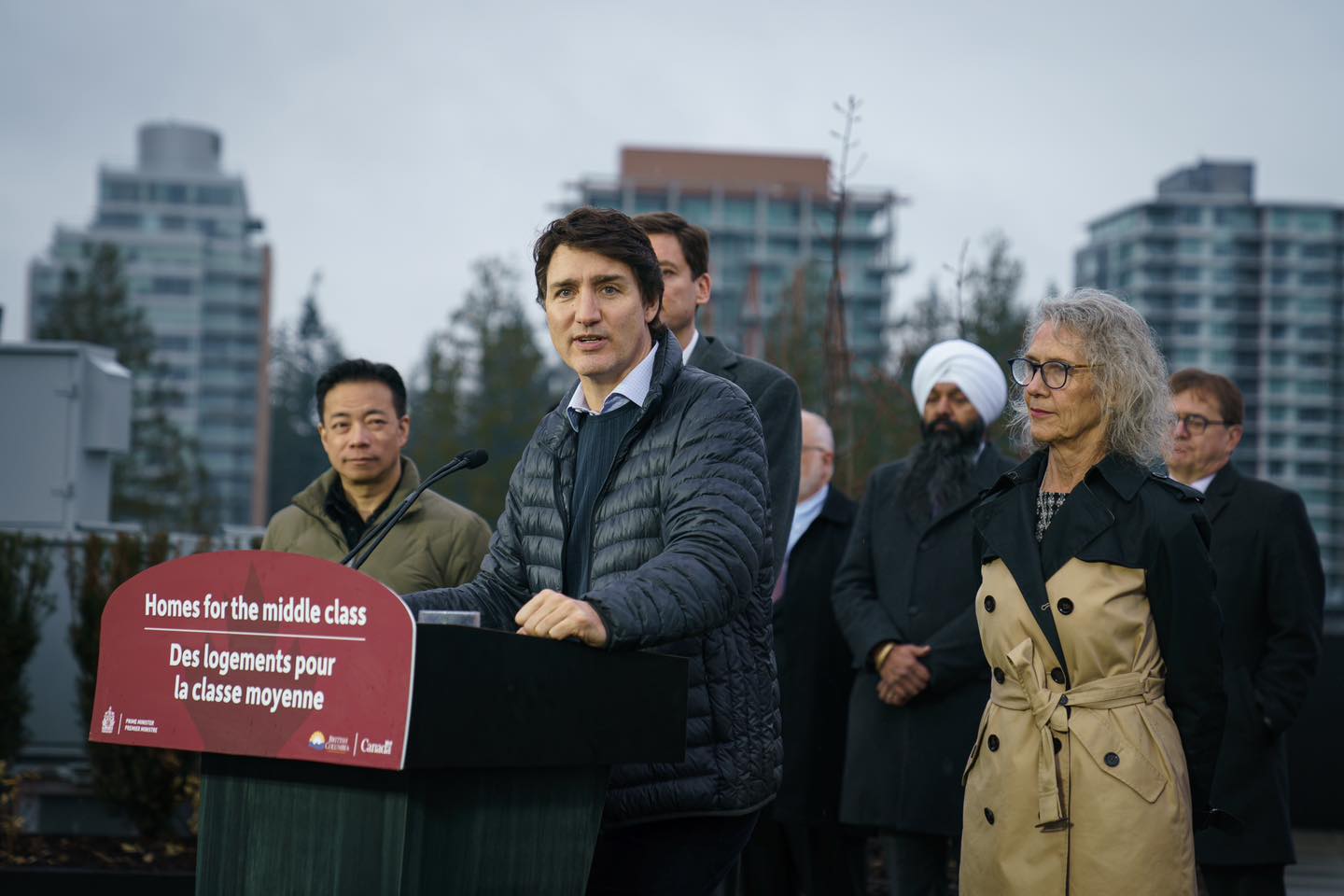
Prime Minister Justin Trudeau (File Photo: Justin Trudeau/Facebook)
By Jack Lucas, University of Calgary, The Conversation
Municipal politicians often argue that local government is the part of the political world where things actually get done. Other levels of government might be plagued by partisan factionalism and ideological radicalism, they like to say, but municipal government continues to chug along, effective but unrecognized.
In municipal politics, the saying goes, there’s no right-wing or left-wing way to pick up the garbage. This makes the people who are elected to municipal office more pragmatic and ideologically moderate than their provincial or federal cousins.
It’s an appealing vision, especially in our politically polarized age. But is it true?
Comparing politicians
As municipal elections loom in the Yukon, the Northwest Territories, Nova Scotia and Saskatchewan this fall, this is a tricky question to answer.
To really understand if municipal politicians are closer to the ideological centre than their provincial or federal counterparts, it’s necessary to compare politicians across all levels of government. It’s rare for politicians in more than one level of government to be included in the same research studies — which is exactly what’s needed to be able to compare across levels.
Fortunately, however, two teams of political scientists have spent the past two years surveying Canadian politicians across all levels of government. These surveys make it possible to actually answer the age-old question: are municipal politicians really ideological moderates?
In a new research article, I combined surveys of provincial and federal politicians (from a project called POLPOP) with surveys of municipal politicians (from a project called the Canadian Municipal Barometer) into a single multilevel mega-survey.
Both survey projects included questions about politicians’ ideological self-understanding — that is, where they place themselves on a left-right spectrum — as well as their policy attitudes.
Policy attitudes
My analysis found that municipal politicians are in fact more likely to think of themselves as ideological moderates. Compared to provincial or federal politicians, municipal politicians tend to place themselves closer to the centre of the left-right spectrum, rather than the extremes.
This is what political scientists call “symbolic” ideology“ — how you think of yourself ideologically — and on this scale, municipal politicians do tend to be more moderate.
But ideology isn’t just about how we think of ourselves. It’s also about our actual policy attitudes. If I have fiercely right-wing views on gun control, immigration, environmental policy and health care, you might reasonably describe me as a “right winger” even if I think of myself as a centrist.
On this second measure — politicians’ actual policy attitudes — I find no important differences among municipal, provincial and federal politicians. When digging into politicians’ views on policy issues like income redistribution, electric vehicle subsidies or euthanasia, it turns out that municipal politicians aren’t any closer to the ideological centre than other politicians.
This means that municipal politicians think of themselves as moderate, but when we measure their actual policy attitudes, they don’t stand out for their ideological moderation.
Genuine non-partisans
There’s a further twist to my findings. In Canadian municipal elections, candidates don’t have to be partisans to get elected; they don’t need to declare themselves as part of the Liberal or NDP or Conservative team.
Many municipal politicians do identify strongly with a political party — some have even been elected to office at the provincial or federal level — but some don’t. In fact, more than a quarter of municipal politicians are genuine non-partisans, with no party affiliation or identity at all.
It turns out that the differences in ideological self-perception between municipal politicians and provincial/federal politicians are driven by these municipal non-partisans. Non-partisanship and ideological moderation go hand in hand: non-partisan local politicians also tend to think of themselves as ideological moderates.
Self-perceptions matter
So even though Canada’s municipal politicians aren’t distinctly moderate in their policy attitudes, many think of themselves as moderates — and the reason for this difference, in large part, has to do with Canada’s distinctively non-partisan municipal elections.
Even if municipal politicians aren’t actually any more moderate than provincial or federal politicians in their policy beliefs, their self-perceptions are still important. They reflect a longstanding norm of ideological moderation in municipal politics — pragmatism, non-partisanship, compromise — which probably shapes how politicians go about their business on council.
But my findings also make it clear that Canadians can’t count on the municipal system to automatically attract more moderate politicians. If Canadians want municipal representatives who are pragmatic, willing to compromise and ideologically moderate, they need to go out into their communities and find them — and then elect them to office.![]()
Jack Lucas, Professor of Political Science, University of Calgary
This article is republished from The Conversation under a Creative Commons license. Read the original article.

